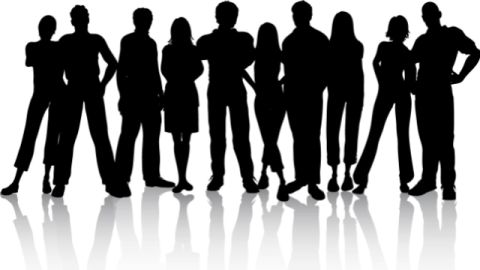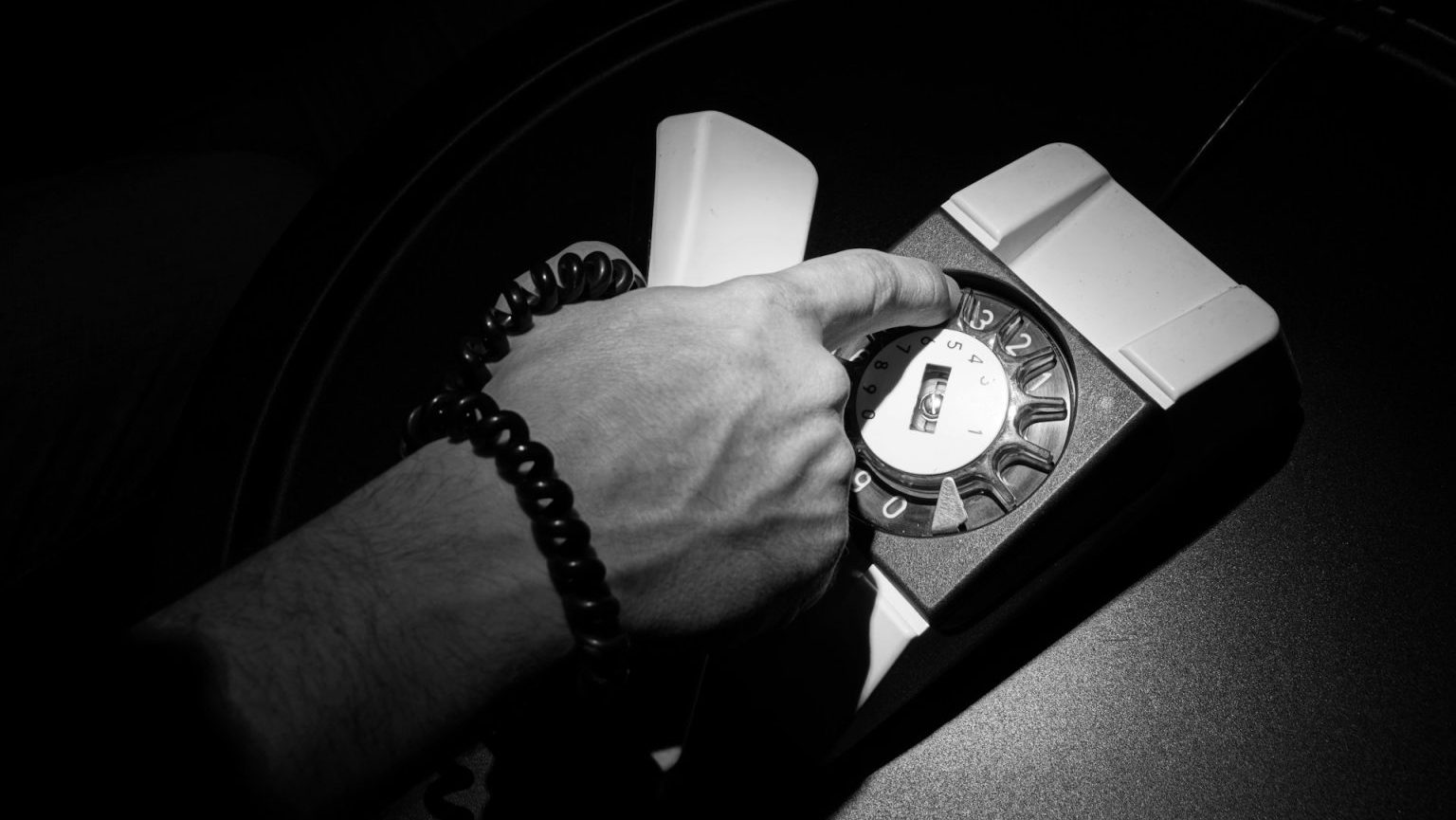What Your Social Network Says About You

Here are some odd questions: do you spend more time on the calls you make than on the calls you receive? When you leave a message for someone, do they quickly call you back? Does calling people late at night not bother you at all? If people are at a party or event, do they tend to give you a call?
You might not be thinking about these questions. Frankly, you may not even know the answers to these questions about your telephonic behavior. But your telephone carrier definitely does. It uses all the data it collects about you every second of the day you are on a call to create a profile of you. For example, if you answered yes to every one of the questions above, then you are an “influencer” i.e. people listen to what you have to say, and are interested in your opinion. If Nike wants to market a new shoe to someone, then it’s more profitable for Nike to market the shoe to an influencer than to a person who spends a lot of money. Why? Because even though influencers are often thrifty, they can persuade a large number of people to buy the shoe, whereas the spender will at most buy one or two pairs. Unlocking your network power is one of the top priorities of every corporation you come in contact with.
Whether it’s the obvious social media firms like Twitter and Facebook, or the unusual ones like the Army and Whole Foods, companies are investing millions of dollars in network analysis software to understand how to make money off your friends. According to the Economist, India’s largest mobile operator Bharti Airtel is one of the customers of IBM’s network analysis software, a growing business that IBM says will bring in $15 billion annually by 2015:
Modelling social relationships is akin to creating an “index of power”, says Stephen Borgatti, a network-analysis expert at the University of Kentucky in Lexington.
Network analysis can have a boomerang effect on your life too, not always in a positive way. For example, say you’ve had a midlife crisis and discovered that banking is not your calling in life. You quit your job, and decide to open a bed and breakfast in Montauk. You apply for a bank loan for your new business, and the bank uses SAS analytics to determine if you are a reliable borrower. One of the measures it uses is whether other people in your social network are in the hospitality business. But all your friends are traders, lawyers and consultants in the financial services industry. This lack of relationships in the area of “bed and breakfast” business is considered extremely suspicious. Compounded with the fact that your credit card history shows that you always vacationed at hotel chains like Holiday Inn rather than small family-run hotels, and nothing in your education or work experience indicates any interest in hospitality, and your loan application may well be rejected.
The applications of network analysis are never ending. For example, we all want our neighborhoods to be safe. But it is a fact that even perfectly law-abiding adults become rowdy and unpredictable after drinking at a party. If the police only knew when and where a party was going to occur, it could send a patrol car to monitor the situation. Now they can. People love to chatter about upcoming parties on Facebook, My Space and Twitter, and Richmond’s police force monitors these posts and messages, sending more officers to areas where parties are being planned. According to Stephen Hollifield, the Chief Technology Officer of the police department, crime has “dramatically” declined as a result.
How do you feel about corporations and governments “watching” your social activity? In some cases, you may feel naked because of lack of privacy, in other cases you may feel more protected. In some instances, you’ll be rewarded for your network, in others you might be punished for it. Even as you grapple with his question, the data mining of your network is happening right now.
For more applications of network analysis including how it is used to influence you, this fascinating article in the Economist is a must-read.
Ayesha and Parag Khanna explore human-technology co-evolution and its implications for society, business and politics at The Hybrid Reality Institute.





